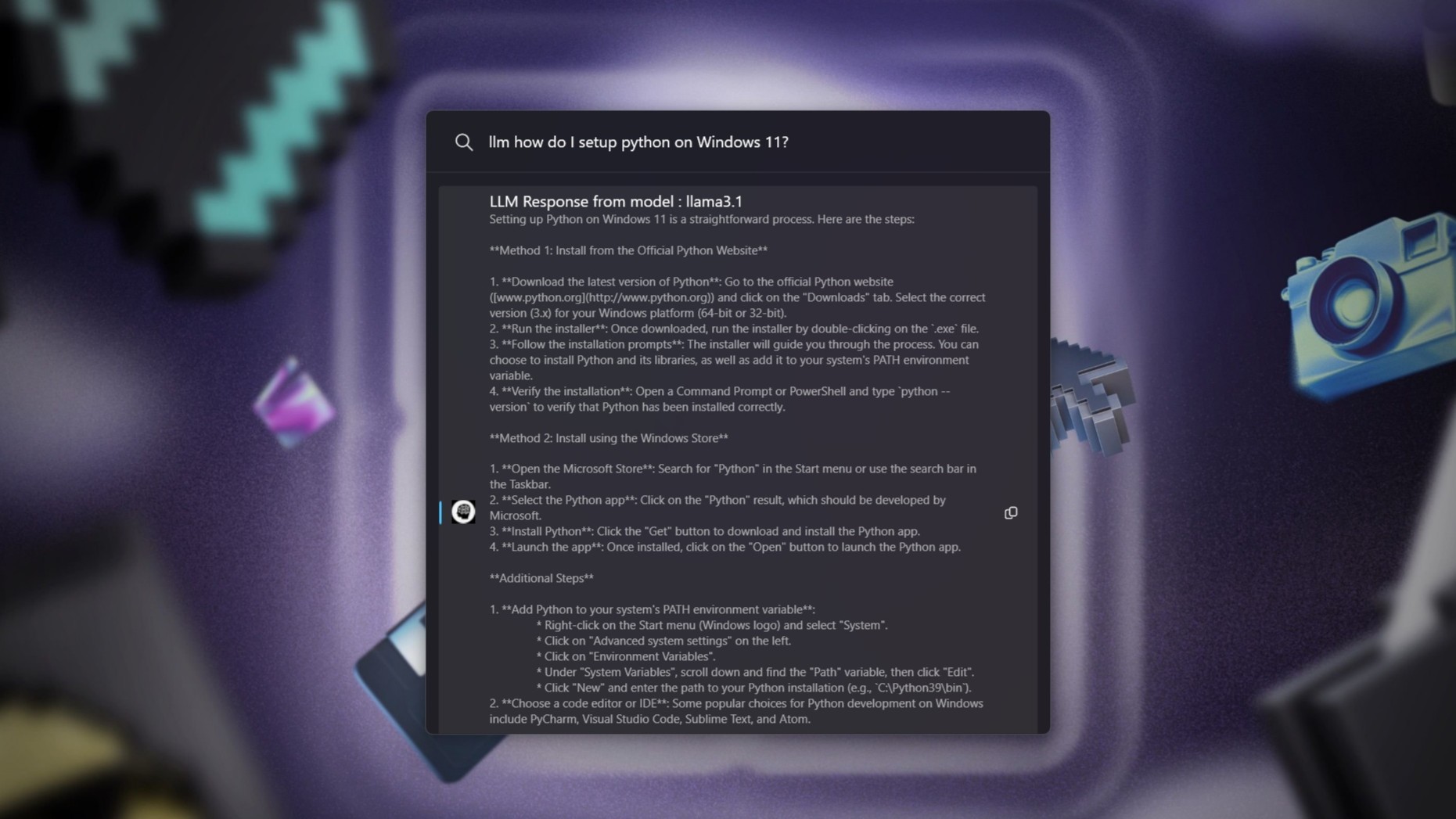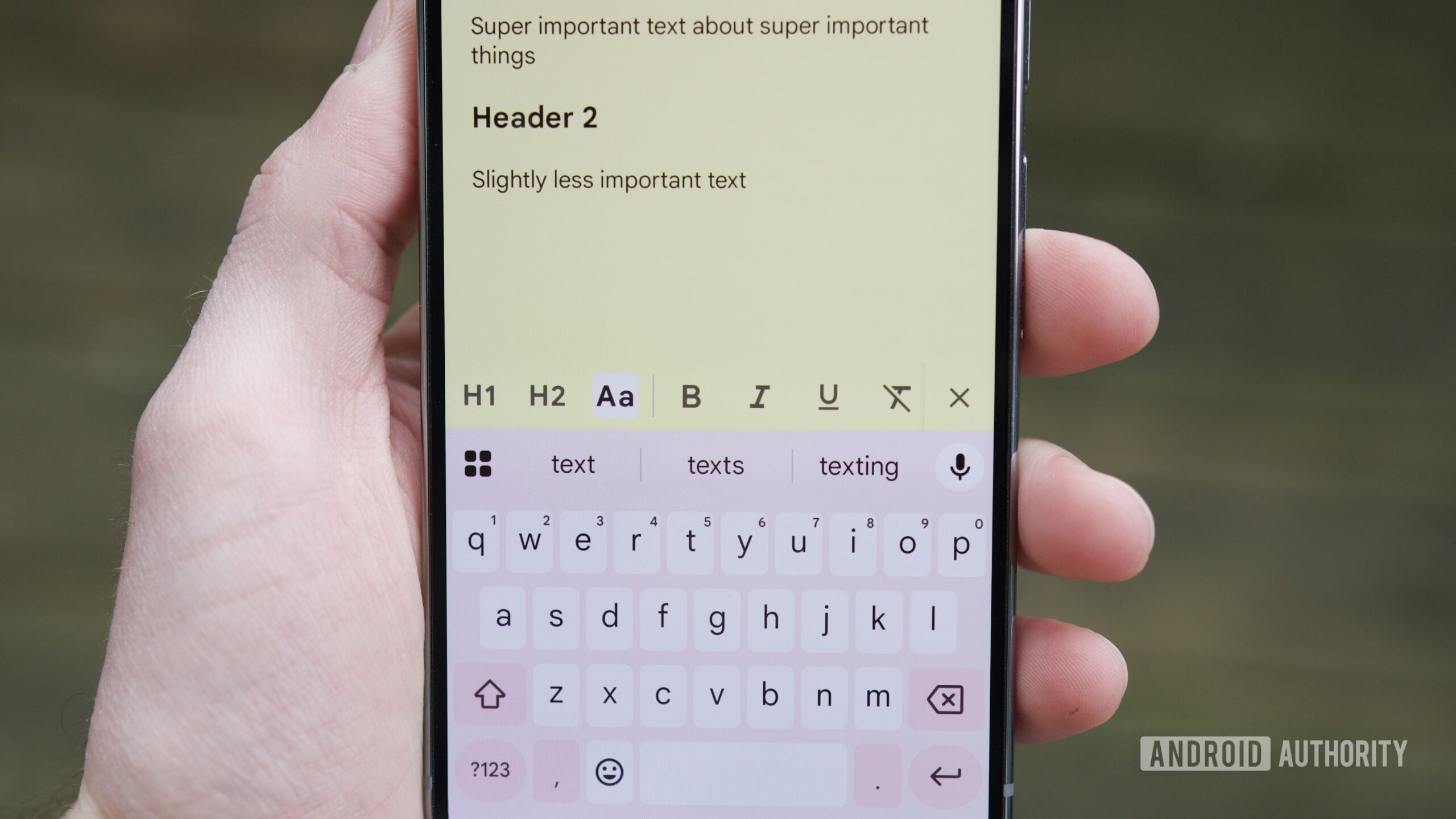Google will pay Texas $1.4 billion over its location tracking practices
Google will pay the U.S. state of Texas $1.4B to settle lawsuits over unauthorized location tracking and facial recognition data retention. Google will pay nearly $1.4 billion to the state of Texas to settle two lawsuits over tracking users’ locations and storing biometric data without consent. The $1.375 billion settlement far exceeds previous fines over […]

Google will pay the U.S. state of Texas $1.4B to settle lawsuits over unauthorized location tracking and facial recognition data retention.
Google will pay nearly $1.4 billion to the state of Texas to settle two lawsuits over tracking users’ locations and storing biometric data without consent. The $1.375 billion settlement far exceeds previous fines over its location tracking practices: $391 million to 40 states in 2022, $29.5 million to Indiana and Washington in early 2023, and $93 million to California later that year.
Texas Attorney General Ken Paxton reached a landmark $1.375 billion settlement with Google over unlawful tracking of geolocation, incognito searches, and biometric data.
“In 2022, Attorney General Paxton sued Google for unlawfully tracking and collecting users’ private data regarding geolocation, incognito searches, and biometric data. After years of aggressive litigation, Attorney General Paxton agreed to settle Texas’s data-privacy claims against Google for an amount that far surpasses any other state’s claims for similar violations.” reads the press release published by the Attorney General of Texas. “To date, no state has attained a settlement against Google for similar data-privacy violations greater than $93 million. Even a multistate coalition that included forty states secured just $391 million—almost a billion dollars less than Texas’s recovery.”
Filed in 2022, the case accused Google of unlawfully tracking geolocation, incognito searches, and collecting biometric data without consent, even with Location History turned off.
“In Texas, Big Tech is not above the law. For years, Google secretly tracked people’s movements, private searches, and even their voiceprints and facial geometry through their products and services. I fought back and won,” said Attorney General Paxton. “This $1.375 billion settlement is a major win for Texans’ privacy and tells companies that they will pay for abusing our trust. I will always protect Texans by stopping Big Tech’s attempts to make a profit by selling away our rights and freedoms.”
The settlement represents a major privacy victory for Texans and a clear warning to companies against violating user trust.
In July 2024, Texas AG Paxton secured a record $1.4B settlement from Meta over illegal facial recognition data use, adding to prior $700M and $8M settlements with Google.
“Texas Attorney General Ken Paxton has secured a $1.4 billion settlement with Meta (formerly known as Facebook) to stop the company’s practice of capturing and using the personal biometric data of millions of Texans without the authorization required by law.” said the Attorney General of Texas at the time. “This settlement is the largest ever obtained from an action brought by a single State”
Google denies any wrongdoing in the $1.375B settlement, stating it had already made relevant policy changes and won’t alter products as part of the deal.
The settlement addresses claims involving Chrome’s incognito mode, location history disclosures in the Google Maps app, and biometric data use in Google Photos.
“This settles a raft of old claims, many of which have already been resolved elsewhere, concerning product policies we have long since changed,” Google spokesman Jose Castaneda said. “We are pleased to put them behind us, and we will continue to build robust privacy controls into our services.”
In June 2024, Google announced that starting December 1, 2024, it will store Maps Timeline data locally on user devices instead of their accounts and remove web access to that data.
“Since the data shown on your Timeline comes directly from your device, Timeline won’t be available on Maps on your computer after you move your data. To move your data to your device, download the Google Maps app.” reads the announcement published by the IT giant.
Follow me on Twitter: @securityaffairs and Facebook and Mastodon
(SecurityAffairs – hacking, newsletter)








